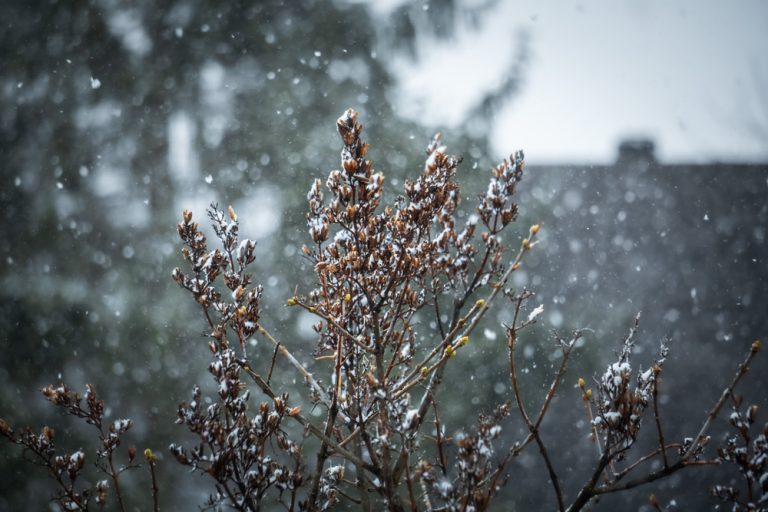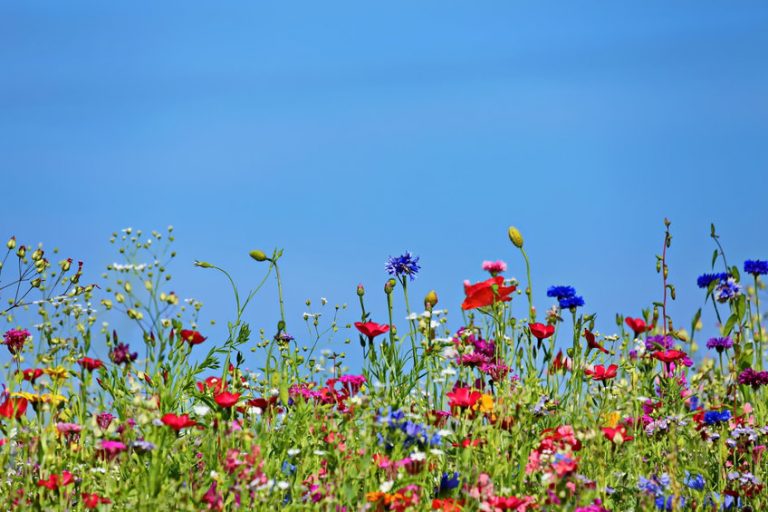There’s something beautifully rebellious about sowing wildflowers just before winter arrives. While most people are hauling in their patio furniture and winterizing their gardens, you’re out there, hands in the cool soil, planning for next spring’s explosion of color. Scattering wildflower seeds before the snow hits isn’t just poetic—it’s strategic. The cold helps prepare the…
planting wildflowers
5 Reasons Why You Should Plant Wildflower Seeds In The Fall
There are so many reasons why you should plant wildflower seeds in the fall. Can you believe I used to think planting flowers was a waste of space? I wanted veggies to take up every ounce of square footage I had when I first started gardening. Now, my garden contains more flowers than ever…

